Symptoms And Signs Of Infection: What Happens To Your Body
Did you know that our bodies are constantly fighting off different infections? Infections can be easily treatable, serious, or life-threatening, so you should always be on the lookout for signs of infection. And if you have a weak immune system, you are more prone to getting one kind of infection or another.
If you think you have an infection, don’t wait or try to self-medicate. See your doctor immediately so he or she can identify and treat it appropriately. Let’s take a look at some of the more common signs of an infection. But be aware that what follows is for information only and is no substitute for personal medical advice.
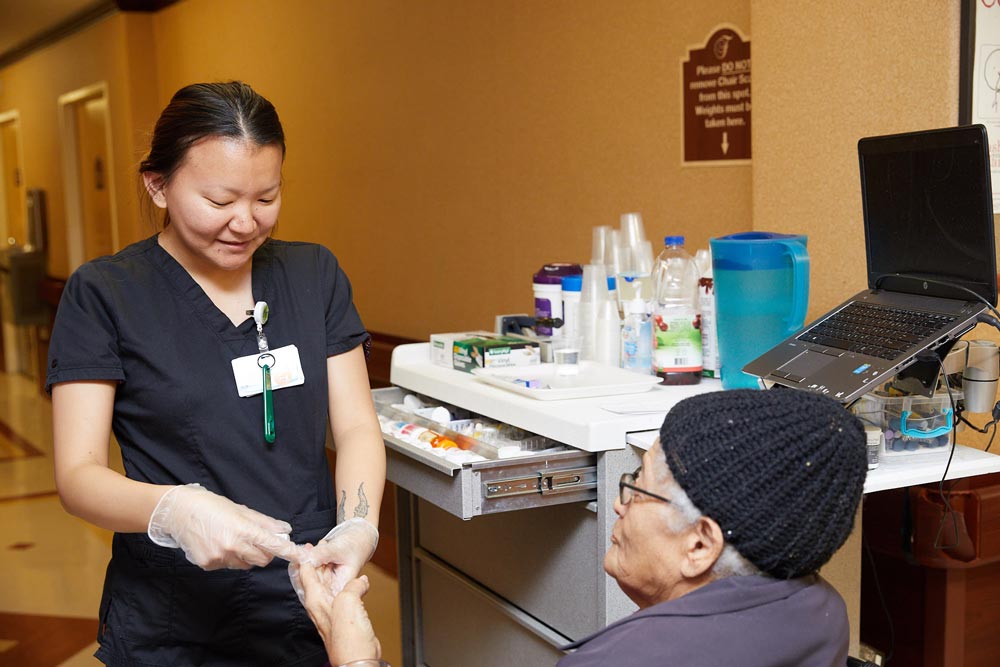
What Indicates Infection In The Body?
If you have a temperature, then the likelihood is that you have an infection. A high temperature or fever is an indication that your body is fighting an infection. Elderly people tend to be more prone to infections so need to be especially careful with hygiene.
When assessing your condition, doctors look carefully at your medical history, and check for signs of a weak immune system. Weak immune systems mean that the body’s natural defense mechanisms are less robust.
While many signs of an infection are similar, trained medical practitioners can identify subtle differences. This enables them – usually – to determine the type of infection you have from the various symptoms you present with.
Signs of infection
Feeling tired or fatigued, having a headache, or feeling nauseous are all possible signs of an infection. Swollen lymph nodes in the armpit, groin, or neck may also be a sign that your body is under attack. Some of the possible signs are:
- Fever – this is sometimes the only sign of an infection.
- Chills and sweats – may be accompanied by chest pain.
- Change in cough or a new cough accompanied by difficulty swallowing.
- Sore throat, new mouth sore, or a thick head.
- Shortness of breath or wheezing.
- Nasal congestion and headaches or a build-up of mucus.
- Stiff neck, or a swollen neck and muscle pain.
- Diarrhea may be a sign of gut infection problems or food poisoning.
If you have a wound and it starts to swell, that can also be a sure sign of infection. Likewise, any signs of fluid or puss emanating from the wound – whether a burn or a cut – indicate an infection.
Patients of Fairview Rehab and Nursing Home in Queens, NY often present with an infection of some kind. That’s why we maintain the highest standards of hygiene and cleanliness at all times. Our doctors and nurses are superbly well trained in treating different infections. They act immediately on the first signs of infection to treat patients and ensure their safety and well-being.
Contact us or walk in if you would like to talk to us to find out more about our treatment services. We are here to answer any questions you may have about outpatient or inpatient rehab therapies as well as nursing and medical care we offer.
This article contains informational and educational materials and does not replace health or medical advice. For questions or concerns regarding your medical condition or health objectives, speak to a qualified physician or healthcare provider.

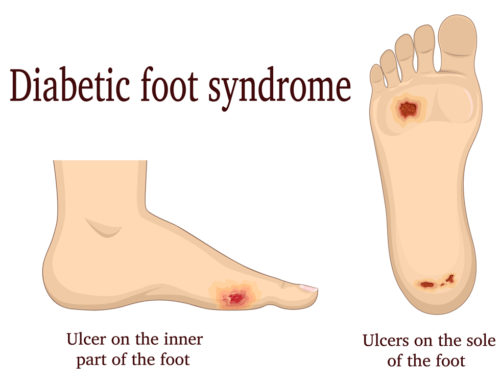
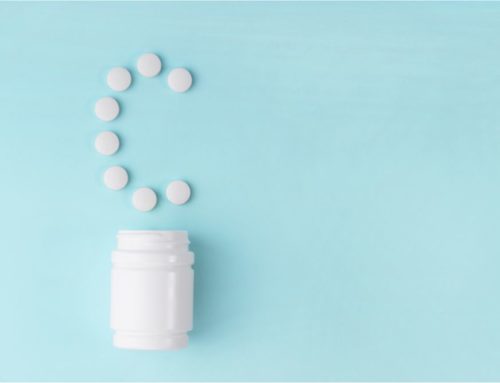
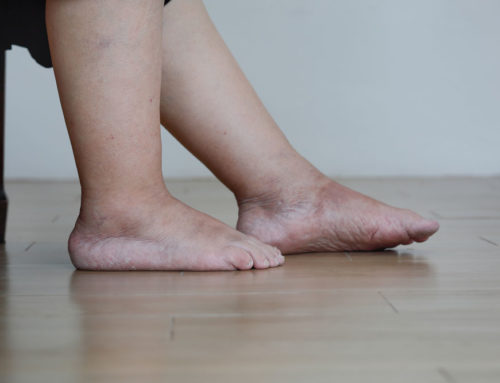

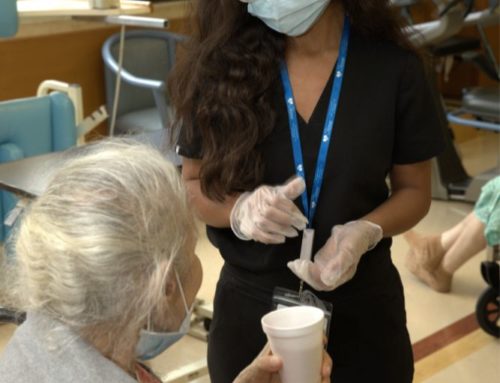
Leave A Comment